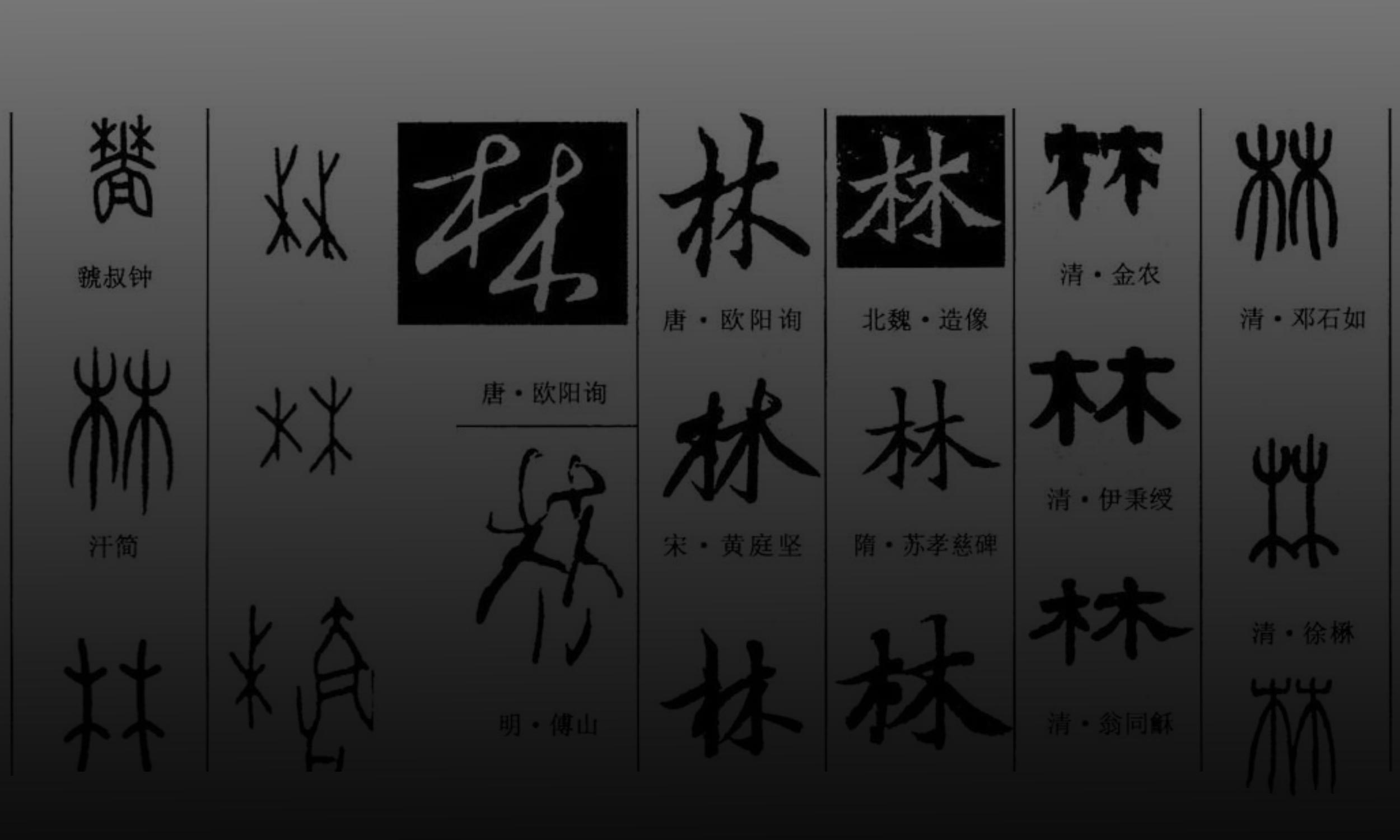In some Asian cultures, particularly Chinese, Vietnamese, and Korean, the first-born child may be referred to as “Second” (or “No. 2”) because the parents are considered the “first” or the “head” of the family hierarchy. This can be seen in how people refer to family members in terms of hierarchy or seniority, with parents being at the top.
Here’s why this happens:
- Family Hierarchy: In traditional family structures, parents are viewed as “number one” because they are the heads of the household. The first-born child, despite being the eldest among siblings, comes after the parents and is therefore referred to as “second” in the family ranking.
- Respect for Elders: This custom emphasizes the respect and importance of parents and elders in Asian cultures. By referring to the first-born child as “second,” it acknowledges the parents as the most important figures in the family.
- Generation Naming: In some cultures, especially in China and Vietnam, family members may be named or numbered in terms of their generational ranking within the family, with parents always being first in authority or seniority.
This practice highlights the cultural value placed on respecting elders and maintaining a clear hierarchy within the family.


